
 |
|
|
Vegetables
Volume 63 Number 14 Date 08/02/2018 CORN EARWORM - Counts have been consistently low (<13 moths per trap per week) since the first migrants began appearing in pheromone traps five weeks ago. Large flights have not been recorded at any monitoring location as of August 2. SQUASH BUG - Adults and nymphs are active in pumpkin and winter squash plantings across the state. Vegetable growers should continue to inspect the undersides of leaves for the bronze-colored eggs, deposited in groups of 15-40 between leaf veins or on stems, as long as small nymphs are present. Squash bugs are capable of damaging mature fruit, thus control may be needed as the crop nears harvest. OMRI-listed materials include PyGanic, insecticidal soaps and certain oils. As always, growers must consider pre-harvest interval restrictions for any late-season treatment. JAPANESE BEETLE - Beetles are abundant this year in gardens and on farms, and are likely to remain so for several more weeks. Damage to eggplant and many other vegetables is common. Physical removal is the recommended control option for small gardens. The best times to hand-pick beetles are in the evening and the early morning, when the insects are less active. Use of pheromone traps should be avoided since they attract additional beetles from afar. COLORADO POTATO BEETLE - Late summer control of this pest may be warranted if defoliation exceeds 30% during tuber formation. Treatments should be applied when most of the population reaches the intermediate third instar stage, presuming this does not conflict with label recommendations or resistance management. Proper timing permits most eggs to hatch, but kills the larvae before they reach the destructive fourth instar. Potato growers are reminded to avoid the consecutive use of the same insecticide product or use of different products with similar modes of action. LATE BLIGHT - Although no cases of late blight have been detected in the state as of August 1, potato growers should maintain a 5- to 7-day preventive fungicide program, while home gardeners are advised to inspect tomato and potato plants regularly for leaf lesions and fruit spots. If late blight is suspected, a plant sample should be submitted to the UW Plant Disease Diagnostics Clinic for testing: https://pddc.wisc.edu/mailing-a-sample-in-wisconsin/. -- Krista Hamilton, DATCP Entomologist 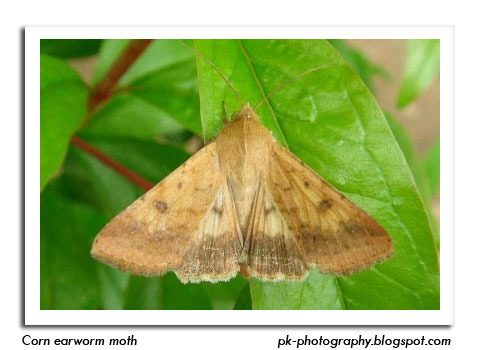
.jpg)
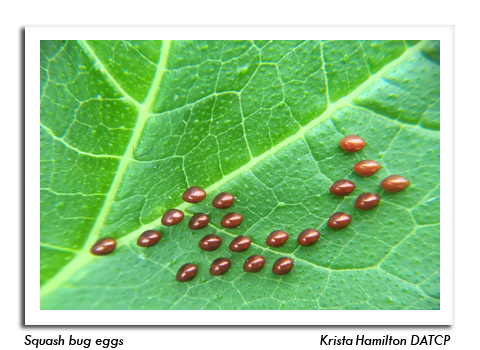
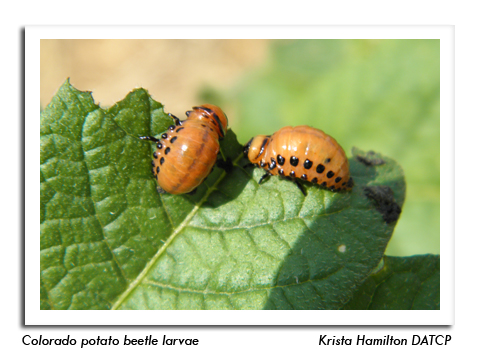
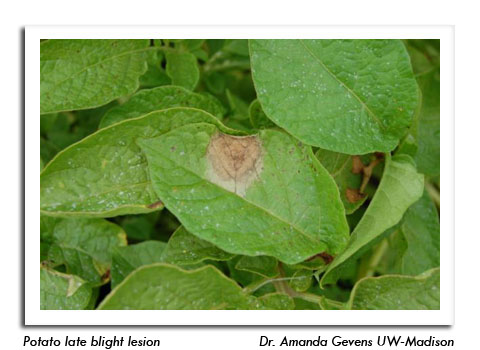
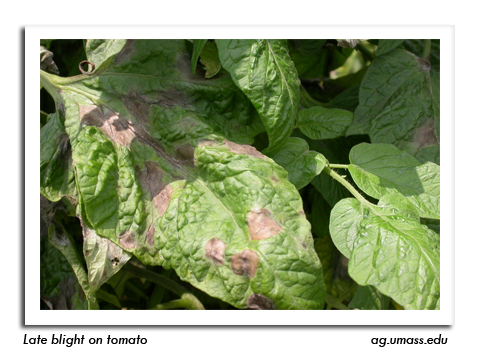
|
|
|